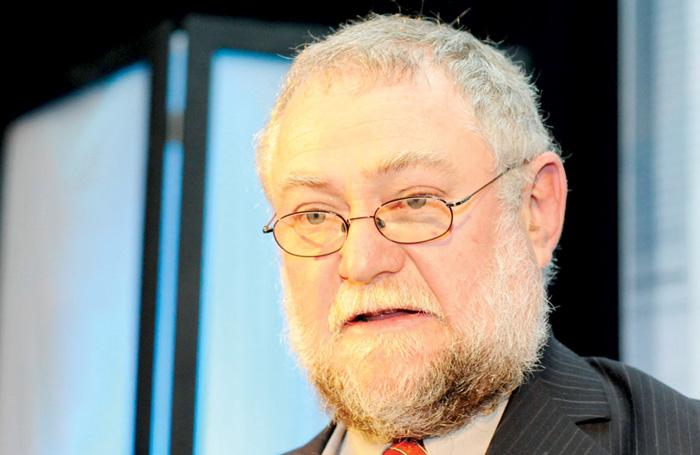
Telecom ups profit, posts N$1.22 bn turnover
Telecom Namibia posted the best year-on-year results according to the audited financial results for the financial year ended September 2012. These results were released by the company after its 2013 annual general meeting held in Windhoek on 26 March this year.
Revenues were up 7 % year-on-year to N$1.22 billion. However, distribution costs increased to N$291 million, up by 18 %, which was in line with expectations given the growth in services rendered. An EBITDA profit (before interest, taxes, depreciation and amortisation) of N$127 million was realised, up by 23 % compared to the previous year.
“Business was challenging in 2011/12 but we managed to increase turnover by 7 %,” said Frans Ndoroma, Managing Director of Telecom Namibia. “We closed the year with good operating results which have positioned us well for the future,” Ndoroma added.
According to company statements, the growth is mainly attributed to the increased uptake of Telecom Namibia’s broadband offerings off the back of capital investment amounting to N$746 million. Since 2009, the investments were made in MPLS networks, fibre networks, both undersea and terrestrial, ADSL and WiMAX. Speedlink, which is a fixed broadband product which offers unlimited Internet usage at a flat rate, has helped maintained the company’s market share said Joseph Iita, Board Chairman of Telecom Namibia.
Contrary to worldwide industry trends, the total number of fixed lines grew with 13% between 2009 and 2013, according to a report submitted at the company’s annual general meeting.
This report further states that 74 fixed wireless (WiMAX) base stations are in operation, while 128 ADSL fixed broadband sites have been rolled out to date to provide always-on, high-speed internet access and voice managed service to customers throughout the country.
The report also points out that the undersea cables have put Namibia at the forefront of regional connectivity. Regional and international points of presence in London, Frankfurt, Johannesburg and Cape Town were installed to allow for cheaper and seamless connections for Namibia to the outside world. “High-quality, high-speed global connectivity is required for the country to keep up with globalisation. Customers want high-speed broadband and demand for the service will continue to grow multiplying the need for greater bandwidth capacity,” Ndoroma said.“We have identified the key opportunities for our business in the new financial year, and expect to maintain this positive growth in 2012/13 and beyond,” he concluded.
Telecom Namibia has made capital investment of N$235 million during the 2011/12 financial year, with total assets increasing by 2.5 % to N$2.6 billion. Investment in human resources development amounted to N$11.2 million, which equates to 2.7 % of labour cost, or a % of the company’s turnover. In the area of corporate social responsibility, BEE procurement orders placed totalled N$338 million for the year which equates to about 41 % of overall spend.
The company also rolled out connectivity to schools through Xnet Development Alliance Trust, connected more farmers and rural communities with wireless systems, continued to run a rehab facility open to the public and sponsored various community causes as a way of giving back to society.














































